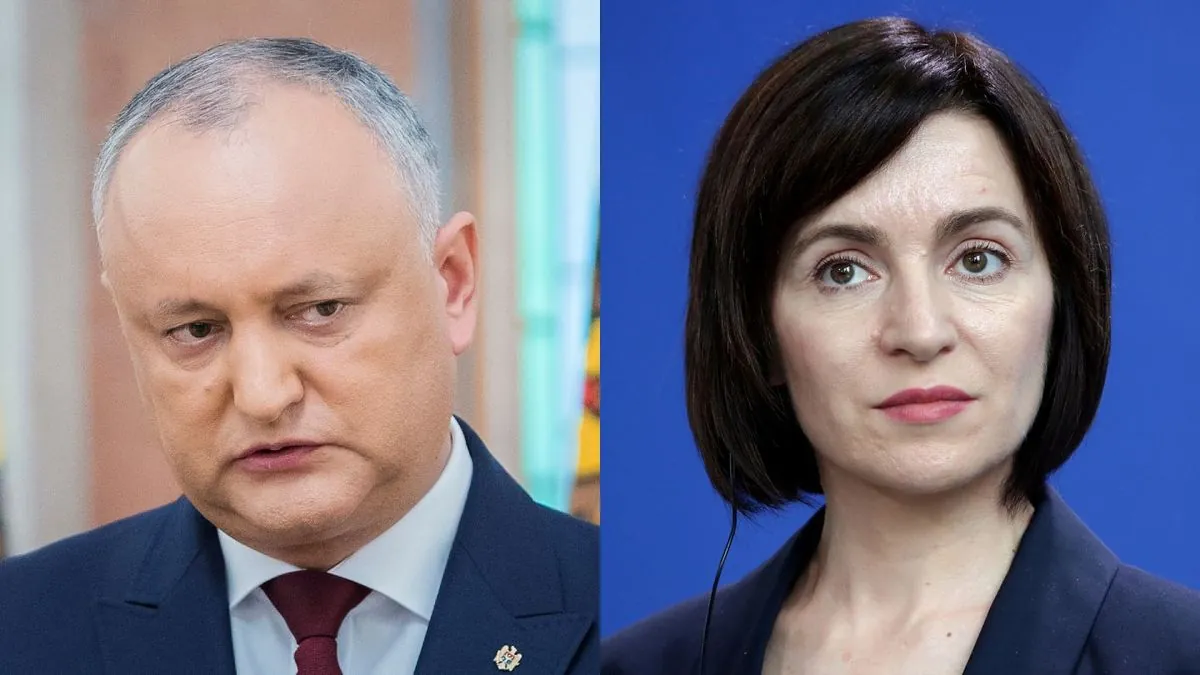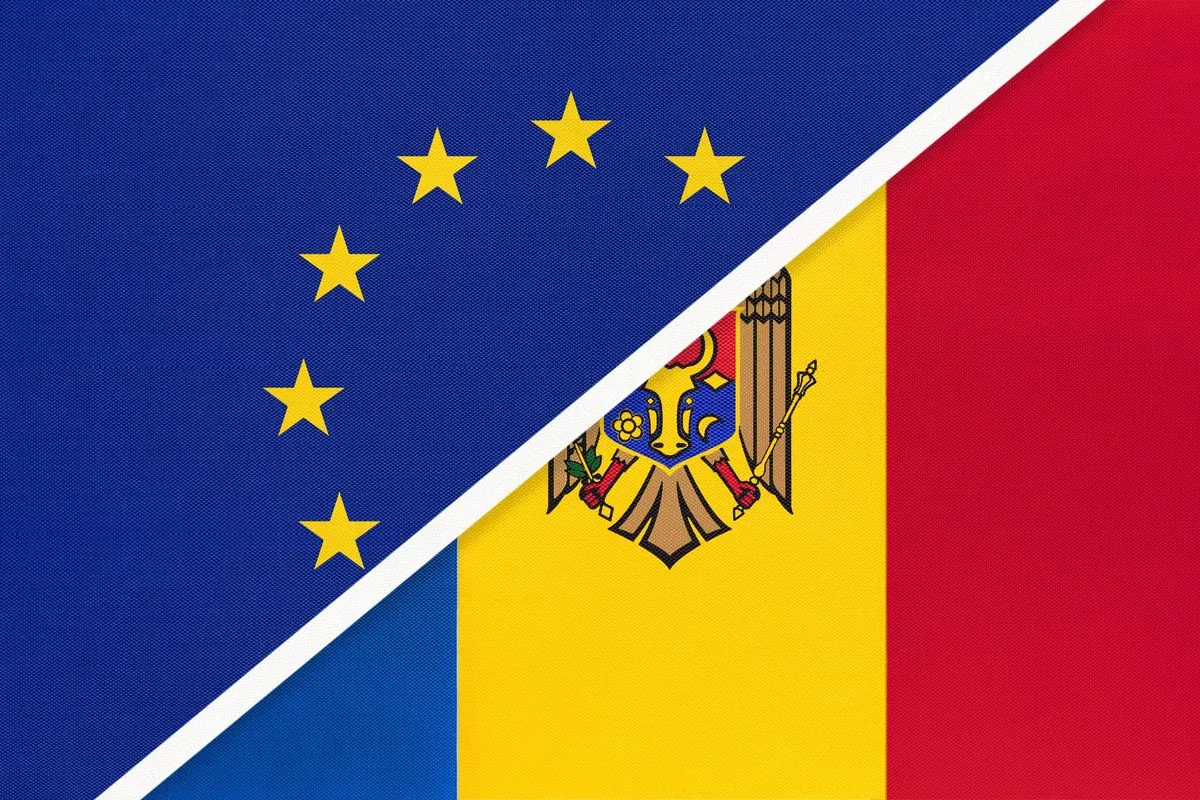Dual Citizenship Sparks Debate in Moldova's Presidential Race
Moldova's presidential election sees controversy over candidates' dual citizenship. Opposition challenger Alexandr Stoianoglo defends his Romanian passport, while President Maia Sandu faces similar scrutiny.

In Moldova's upcoming presidential election, scheduled for October 20, 2024, the issue of dual citizenship has become a contentious topic. Alexandr Stoianoglo, the opposition candidate challenging incumbent President Maia Sandu, has found himself at the center of criticism for holding Romanian citizenship alongside his Moldovan nationality.
This controversy highlights Moldova's complex national identity, shaped by its tumultuous history. Over the past 150 years, the country has been part of the Russian Empire, Greater Romania, and the Soviet Union, before gaining independence in 1991. This diverse heritage has contributed to the prevalence of dual citizenship among Moldovans, with approximately 1.5 million out of 2.4 million residents holding passports from other countries, including Romania, Bulgaria, and Russia.
Stoianoglo defended his decision to acquire Romanian citizenship, stating:
"My acquisition of Romanian citizenship was a transparent and apolitical decision and I never concealed it. If the Central Election Commission and government officials were well aware that I have Romanian citizenship, why is this topic being blown up only now?"
The pro-Russian Socialist Party, which supports Stoianoglo, has previously criticized President Sandu for her dual Moldovan-Romanian citizenship. This criticism has been used to question her commitment to Moldova's interests and her perceived alignment with Western powers.

Moldova's journey towards establishing its national identity has been ongoing since independence. The country has made significant strides in various areas:
- Introduced its own currency, the Moldovan leu, in 1993
- Joined the United Nations in 1992
- Signed an Association Agreement with the European Union in 2014
- Maintained a high literacy rate of about 99%
President Sandu has been a strong advocate for closer ties with the European Union. She has initiated a referendum, to be held alongside the presidential election, on joining the 27-nation bloc. This move aligns with Moldova's growing Western orientation, despite its historical connections to Russia.
The upcoming election reflects the country's ongoing struggle to balance its diverse cultural influences and geopolitical interests. Current opinion polls show Sandu leading with 27% support, followed by Renato Usatiy at 13%, who advocates for good relations with both the West and Russia. Stoianoglo currently stands at 11% in the polls.
As Moldova continues to shape its future, the country faces numerous challenges and opportunities:
- Addressing its status as one of Europe's poorest countries
- Developing its wine industry, a significant part of its economy and culture
- Navigating the unresolved issue of Transnistria, a breakaway state
- Preserving its rich cultural heritage, including traditions like the "Mărțișor" spring festival
The outcome of the upcoming election and EU referendum will play a crucial role in determining Moldova's path forward, as it seeks to balance its historical ties and future aspirations in an increasingly complex geopolitical landscape.


































